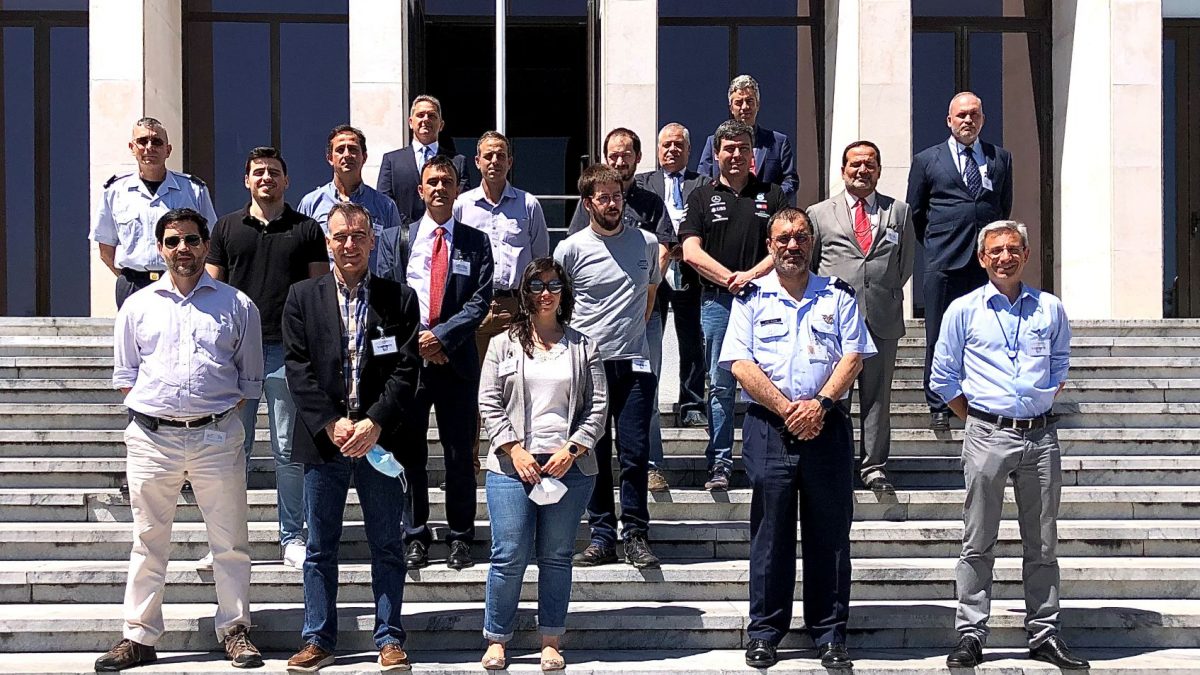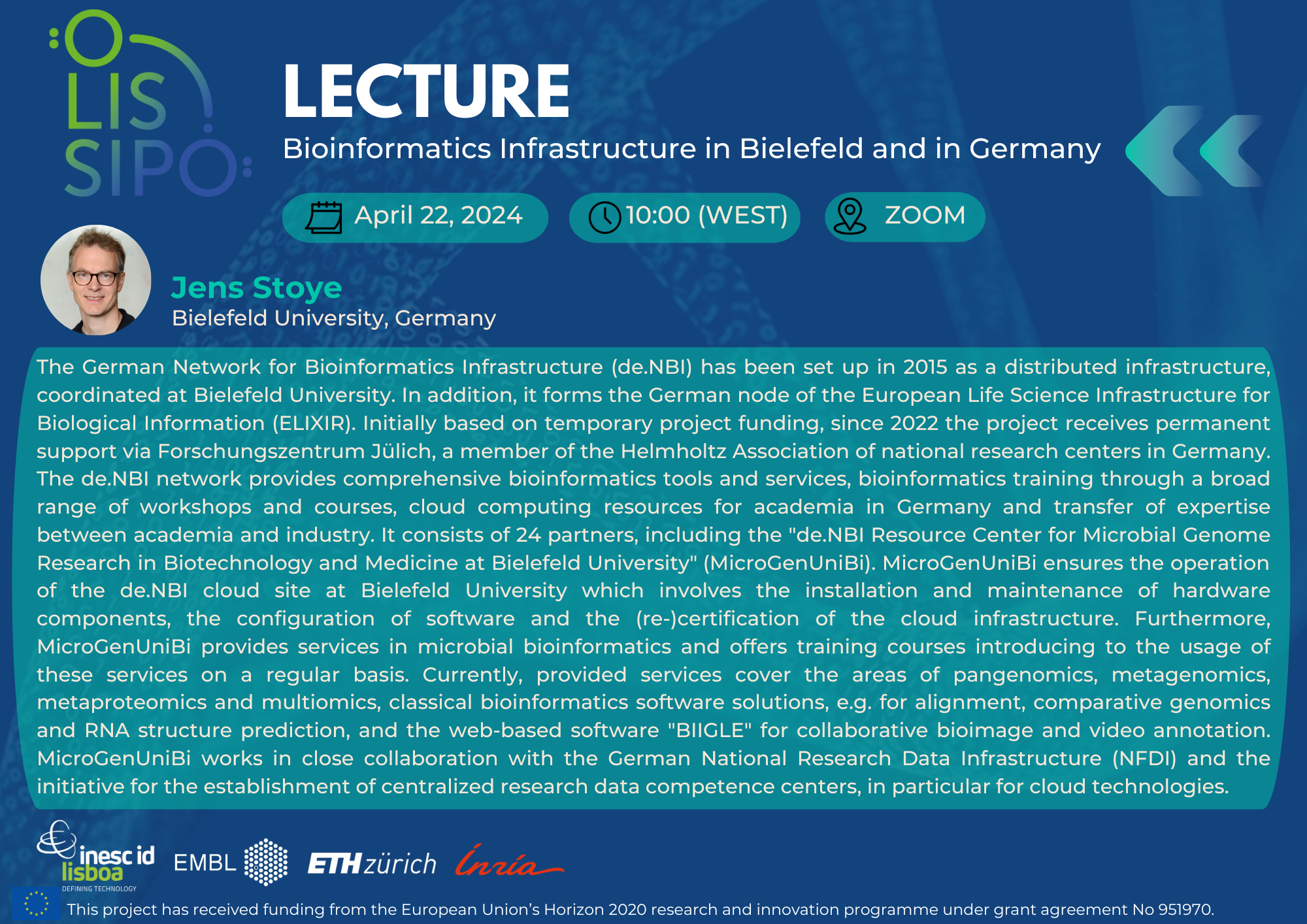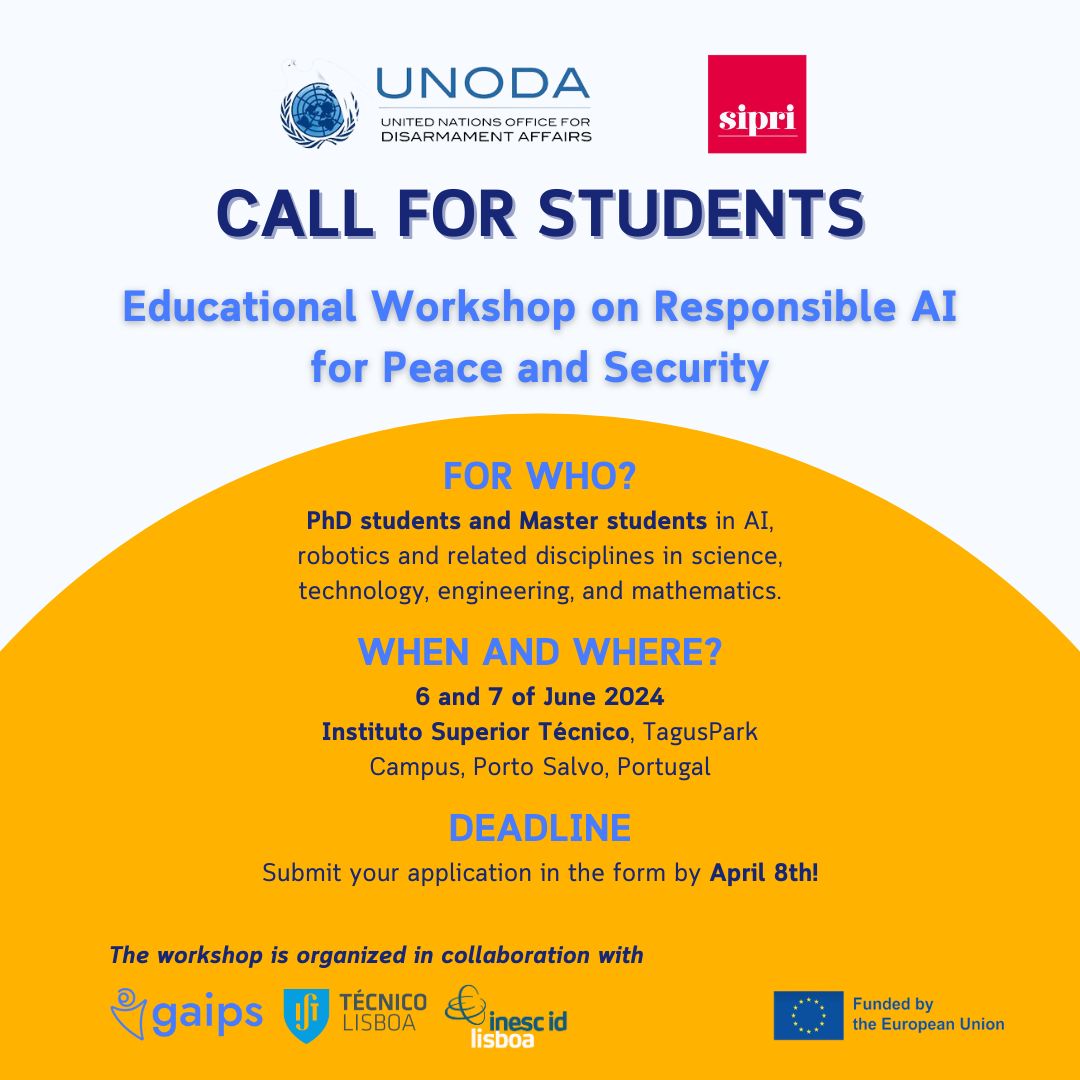
Project to develop quantum communication networks for European Defence
The project “Disruptive SDN secure communications for European Defence” (DISCRETION) was one of the 26 projects selected by the European Commission under the 2020 call of the European Defence Industrial Development Programme (EDIDP).
The DISCRETION proposal, in which Professors Ricardo Chaves, researcher at INESC-ID, and Paulo Mateus, researcher at IT, participate by Instituto Superior Técnico, was even ranked first in the topic of “Cyber situational awareness and defense capabilities, defense networks and technologies for secure communication and information sharing” of the EDIDP 2020 call for proposals (EDIDP-CSAMN-2020).
The “DISCRETION” project aims at integrating and combining the technologies of software defined network (SDN) and quantum key distribution. This combined with legacy optical networks will build a highly secure, scalable and resilient network control architecture for advanced tactical operation services and create a degree of autonomy for European defence forces.
Compared with the traditional approach, where the network configuration and management interfaces are typically proprietary and tied to a specific manufacturer, SDN represents a revolution that supports further network evolution, opening it to potentially disruptive technologies like Quantum Key Distribution (QKD) and quantum technologies in general. This technology will reinforce the European Defence’s autonomy in secure communications and will enable European armed forces to also use Radio Spectrum for military activities.
The members of the consortium are Deimos (coordinator), Instituto Superior Técnico, Instituto de Telecomunicações (IT), Altice Labs, Adyta Lda, Telefonica Investigación y Desarrollo S.A.U, Universidad Politécnica de Madrid, Austrian Institute of Technology GmbH and Nextworks.
The Técnico team is composed of professors Ricardo Chaves (INESC-ID researcher) and Paulo Mateus (IT researcher). “This project is an important step towards greater collaboration between industry, academia and the government for the improvement of Cybersecurity at national and European level”, stresses professor Ricardo Chaves, coordinator of the “DISCRETION” project at Técnico. Professor Paulo Mateus highlights the importance of the project, once “it allows the participation of Instituto Superior Técnico in the modernization of national and European defence” and “promotes cooperation between IST mathematicians and engineers”.
Experience shows the potential of the project
An application of these technologies was demonstrated in Lisbon on 30th June, with an experimental test supported by the General Staff of the Portuguese Armed Forces (EMGFA), and the National Security Office (GNS). Some of the Portuguese partners in DISCRETION – Deimos, IT, Instituto Superior Técnico and AlticeLabs – have set-up a pioneer experiment, consisting in the interchange of messages between two Portuguese Defence facilities (5km apart from each other) using a quasi-quantum link and fiber optics.
According to General Rocha, from EMGFA “this experiment allowed to demonstrate the national capabilities of the Portuguese industry, academia and defence internationally, and to start DISCRETION in a perfect time”. Admiral Gameiro Marques, Head of the Cybersecurity group – National Security Office, highlighted “the development of projects of this nature will enable Portugal – and Europe – to have its own technology in these areas, including encryption machines and the respective cryptographic key production processes”.
…
Adapted from Instituto Superior Técnico
Upcoming Events
Técnico Open Day 2024

Técnico Open Day 2024
On April 20, Instituto Superior Técnico will host the Técnico Open Day 2024, at the Alameda Campus. The event will consist of a science fair, guided visits, and interaction with members of the IST community.
Date & Time: April 20, 10h00-17h00
Where: Instituto Superior Técnico – Alameda Campus (Free Entry)
Summary: The 2024 edition of the Técnico Open Day will count with over 60 activities within the science fair, guided visits to the campus, including teaching and research laboratories, and contact with professors, researchers and students from IST. The event will be an opportunity to hold an interactive exhibition, displaying more than 40 research and innovation projects, and allowing all attendees to become more familiar with the School and its initiatives.
EV4EU will be part of the Open Day “Science Fair”, representing the project at the INESC-ID info stand from 10am to 5pm. Project researchers Cindy P. Guzman and Larissa Montefusco will be at the Info booth to share with visitors an overview of the project, its main goals and latest developments. Under the title “Electric Vehicles Management for Carbon Neutrality: Discover how Electrical Vehicles can contribute to the fight against climate change”, the EV4EU team will focus on explaining how can EV4EU plan solutions, and support the massification of electrical vehicles while contributing to the decrease of carbon emissions and global warming.
Full agenda of the event here
Know more about the project here
OLISSIPO Lecture: “Bioinformatics Infrastructure in Bielefeld and in Germany” by Jens Stoye (Bielefeld University)

On April 22, the OLISSIPO project will host the online lecture: “Bioinformatics Infrastructure in Bielefeld and in Germany” by Jens Stoye (Bielefeld University).
Date & Time: April 22, 10h00-11h00
Where: Online via Zoom here
Summary: “The German Network for Bioinformatics Infrastructure (de.NBI) has been set up in 2015 as a distributed infrastructure, coordinated at Bielefeld University. In addition, it forms the German node of the European Life Science Infrastructure for Biological Information (ELIXIR). Initially based on temporary project funding, since 2022 the project receives permanent support via Forschungszentrum Jülich, a member of the Helmholtz Association of national research centers in Germany. The de.NBI network provides comprehensive bioinformatics tools and services, bioinformatics training through a broad range of workshops and courses, cloud computing resources for academia in Germany and transfer of expertise between academia and industry. It consists of 24 partners, including the “de.NBI Resource Center for Microbial Genome Research in Biotechnology and Medicine at Bielefeld University” (MicroGenUniBi). MicroGenUniBi ensures the operation of the de.NBI cloud site at Bielefeld University which involves the installation and maintenance of hardware components, the configuration of software and the (re-)certification of the cloud infrastructure. Furthermore, MicroGenUniBi provides services in microbial bioinformatics and offers training courses introducing to the usage of these services on a regular basis. Currently, provided services cover the areas of pangenomics, metagenomics, metaproteomics and multiomics, classical bioinformatics software solutions, e.g. for alignment, comparative genomics and RNA structure prediction, and the web-based software “BIIGLE” for collaborative bioimage and video annotation. MicroGenUniBi works in close collaboration with the German National Research Data Infrastructure (NFDI) and the initiative for the establishment of centralized research data competence centers, in particular for cloud technologies.”
Short Bio: Jens Stoye received his PhD degree (1997) in Bioinformatics from Bielefeld University, Germany. After postdoctoral positions at the University of California at Davis (1997-1998) and the German Cancer Research Center in Heidelberg (1998-2001), he became head of the Algorithmic Bioinformatics group at the Max Planck Institute for Molecular Genetics in Berlin (2001-2002). Stoye has been a full professor for Genome Informatics back at Bielefeld University since 2002. His research interests are in algorithms for bioinformatics, genome-scale sequence analysis, metagenomics and comparative genomics. In 2017, he also became a member of the board of directors of the Center for Interdisciplinary Studies (ZiF), Bielefeld University’s Institute for Advanced Study. Since 2023 he has been ZiF’s Executive Director.
Educational Workshop on Responsible AI for Peace and Security (UNODA)

On June 6 and 7, The United Nations Office for Disarmament Affairs (UNODA) and the Stockholm International Peace Research Institute (SIPRI) are offering a selected group of technical students the opportunity to join a 2-day educational workshop on Responsible AI for peace and security.
The third workshop in the series will be held in Porto Salvo, Portugal, in collaboration with GAIPS, INESC-ID, and Instituto Superior Técnico. The workshop is open to students affiliated with universities in Europe, Central and South America, the Middle East and Africa, Oceania, and Asia.
Date & Time: June 6 a 7
Where: IST – Tagus Park, Porto Salvo
Registration deadline: April 8
Summary: “As with the impacts of Artificial intelligence (AI) on people’s day-to-day lives, the impacts for international peace and security include wide-ranging and significant opportunities and challenges. AI can help achieve the UN Sustainable Development Goals, but its dual-use nature means that peaceful applications can also be misused for harmful purposes such as political disinformation, cyberattacks, terrorism, or military operations. Meanwhile, those researching and developing AI in the civilian sector remain too often unaware of the risks that the misuse of civilian AI technology may pose to international peace and security and unsure about the role they can play in addressing them. Against this background, UNODA and SIPRI launched, in 2023, a three-year educational initiative on Promoting Responsible Innovation in AI for Peace and Security. The initiative, which is supported by the Council of the European Union, aims to support greater engagement of the civilian AI community in mitigating the unintended consequences of civilian AI research and innovation for peace and security. As part of that initiative, SIPRI and UNODA are organising a series of capacity building workshops for STEM students (at PhD and Master levels). These workshops aim to provide the opportunity for up-and-coming AI practitioners to work together and with experts to learn about a) how peaceful AI research and innovation may generate risks for international peace and security; b) how they could help prevent or mitigate those risks through responsible research and innovation; c) how they could support the promotion of responsible AI for peace and security.”
